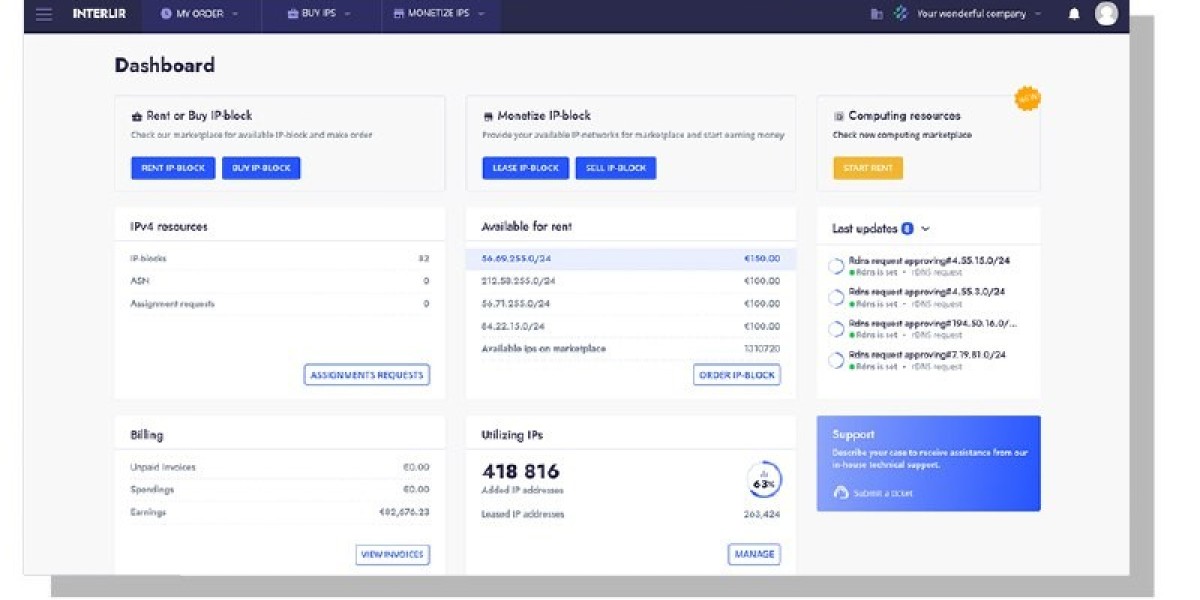Introduction
The Regulated Qualifications Framework (RQF) is one of the most recognized qualification systems in the UK, offering learners the opportunity to pursue academic and vocational courses at different levels. While studying under the RQF framework is rewarding, it also comes with challenges—especially when it comes to completing assignments. Many students often search for reliable RQF assignment help to manage academic pressure, meet deadlines, and secure high grades. We will explores what RQF is, the challenges students face, and how assignment help services can make a difference.
What is RQF?
The Regulated Qualifications Framework (RQF) is a system introduced in 2015 by Ofqual to standardize qualifications in England and Northern Ireland. It replaced the old Qualifications and Credit Framework (QCF) and National Qualifications Framework (NQF).
The RQF provides a clear structure that measures learning outcomes, difficulty levels, and credit values of qualifications. It ranges from Level 1 (basic qualifications like GCSE at grades D-G) to Level 8 (equivalent to doctoral degrees).
For example:
- Level 3: A-Levels, vocational qualifications, or equivalent.
- Level 4–5: Foundation degrees and higher education diplomas.
- Level 6: Bachelor’s degree.
- Level 7: Master’s degree.
- Level 8: PhD or equivalent.
This structure ensures that learners can progress in a clear, step-by-step manner while earning nationally recognized qualifications.
Why RQF Assignments Matter
Assignments play a crucial role in RQF qualifications. They are designed not just to test theoretical knowledge but also to evaluate practical understanding, problem-solving ability, and application of skills in real-life contexts.
For instance, a Level 4 RQF business assignment might ask students to analyze a company’s financial performance, while a Level 7 RQF assignment could involve evaluating strategic management frameworks. Each task reflects the complexity of the level and prepares students for professional or academic advancement.
Assignments also act as stepping stones for learners to progress to the next level of qualification. Therefore, performing well in them is vital.
Common Challenges Faced by Students
Despite their importance, many students struggle with RQF assignments due to various reasons:
1. Understanding the Requirements
Each RQF level has specific learning outcomes and assessment criteria. For beginners, understanding what is expected can be overwhelming. For example, assignments at Level 3 focus on basic comprehension, while at Level 7, students are expected to demonstrate critical analysis and independent research.
2. Time Management
Students often juggle multiple commitments—work, family, and studies. Meeting assignment deadlines becomes a huge challenge, especially for working professionals pursuing RQF courses part-time.
3. Research and Referencing
Many assignments require in-depth research and proper referencing in styles like APA, Harvard, or MLA. Students unfamiliar with these formats often lose marks despite presenting good content.
4. Language Barriers
For international students, English may not be their first language. This makes writing academically sound assignments even more difficult.
5. Fear of Plagiarism
Plagiarism is a serious academic offense. Without proper guidance, students sometimes unintentionally copy content, leading to penalties.
How RQF Assignment Help Supports Students
To overcome these challenges, many students turn to professional RQF assignment help services. These services provide tailored academic support to ensure learners can succeed in their courses. Here’s how they help:
1. Expert Guidance
Assignment help providers often have subject experts who understand the RQF framework thoroughly. They can break down complex topics into simple explanations, making it easier for students to understand.
2. Customized Assignments
Every assignment is written from scratch according to the student’s level and course requirements. This ensures uniqueness and helps maintain academic integrity.
3. Research Support
Experts assist in gathering reliable sources, analyzing data, and structuring arguments effectively. This is particularly helpful for advanced levels (6–8), where independent research is critical.
4. Proofreading and Editing
Students receive polished work that is free from grammatical errors, formatting issues, and inconsistencies. Proper proofreading ensures high-quality submissions.
5. Time-Saving
By outsourcing some of the workload, students can focus on other priorities such as exams, projects, or professional work. This balance reduces stress and boosts productivity.
6. Plagiarism-Free Work
Reputable services use plagiarism-detection tools to ensure 100% original content. This protects students from academic misconduct.
Benefits of Choosing RQF Assignment Help
Investing in assignment help comes with numerous benefits, including:
- Improved Grades – Expertly written assignments align with marking criteria, improving chances of securing top grades.
- Better Understanding – Model assignments act as study resources that students can use for future reference.
- Stress Reduction – Professional support reduces the burden of deadlines and academic pressure.
- Skill Development – Students learn how to structure arguments, reference correctly, and present information logically.
Tips for Students to Succeed in RQF Assignments
While assignment help services provide great support, students should also adopt effective learning strategies:
- Read the Guidelines Carefully – Always understand what the assignment is asking for before you start.
- Plan Ahead – Break your work into smaller tasks and set mini-deadlines.
- Use Reliable Sources – Refer to academic journals, textbooks, and credible websites.
- Practice Critical Thinking – Go beyond summarizing information; analyze and evaluate ideas.
- Seek Feedback – Don’t hesitate to ask tutors for clarification or feedback.
Combining these practices with professional support can significantly enhance academic performance.
Conclusion
The RQF framework is designed to help learners progress systematically through different qualification levels, preparing them for academic growth and career success. However, the journey is not without challenges, especially when it comes to completing assignments. RQF assignment help services offer the much-needed support to overcome these hurdles—providing expert guidance, plagiarism-free work, and timely submissions.
For students juggling multiple responsibilities, such services are not just an option but often a necessity. With the right balance of self-effort and professional support, learners can achieve excellent results and confidently progress through the RQF levels.








